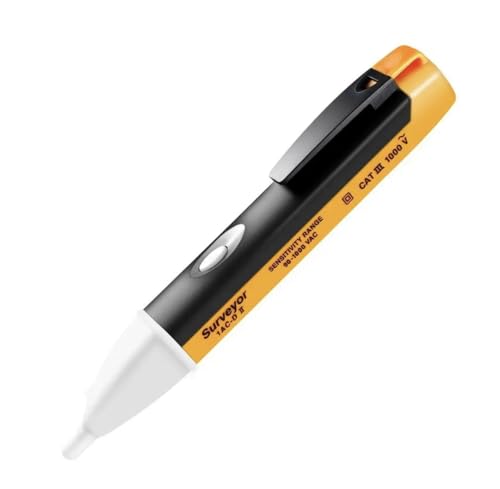I'm looking to do this sometime in the future. Currently doing 2330 level 3 and looking in the future to do the HND and move into design. Has anyone ever gone this route? Do they allow you to join the HND programme with 2330 or do they want their own HNC first?
Also, how much of a step-up from the 2330 is it? I'd consider myself good at maths, is it much of a difference?
Apologies if this should be in the student zone, wasn't sure where to put it!
Thanks,
Marc.
Also, how much of a step-up from the 2330 is it? I'd consider myself good at maths, is it much of a difference?
Apologies if this should be in the student zone, wasn't sure where to put it!
Thanks,
Marc.
































































